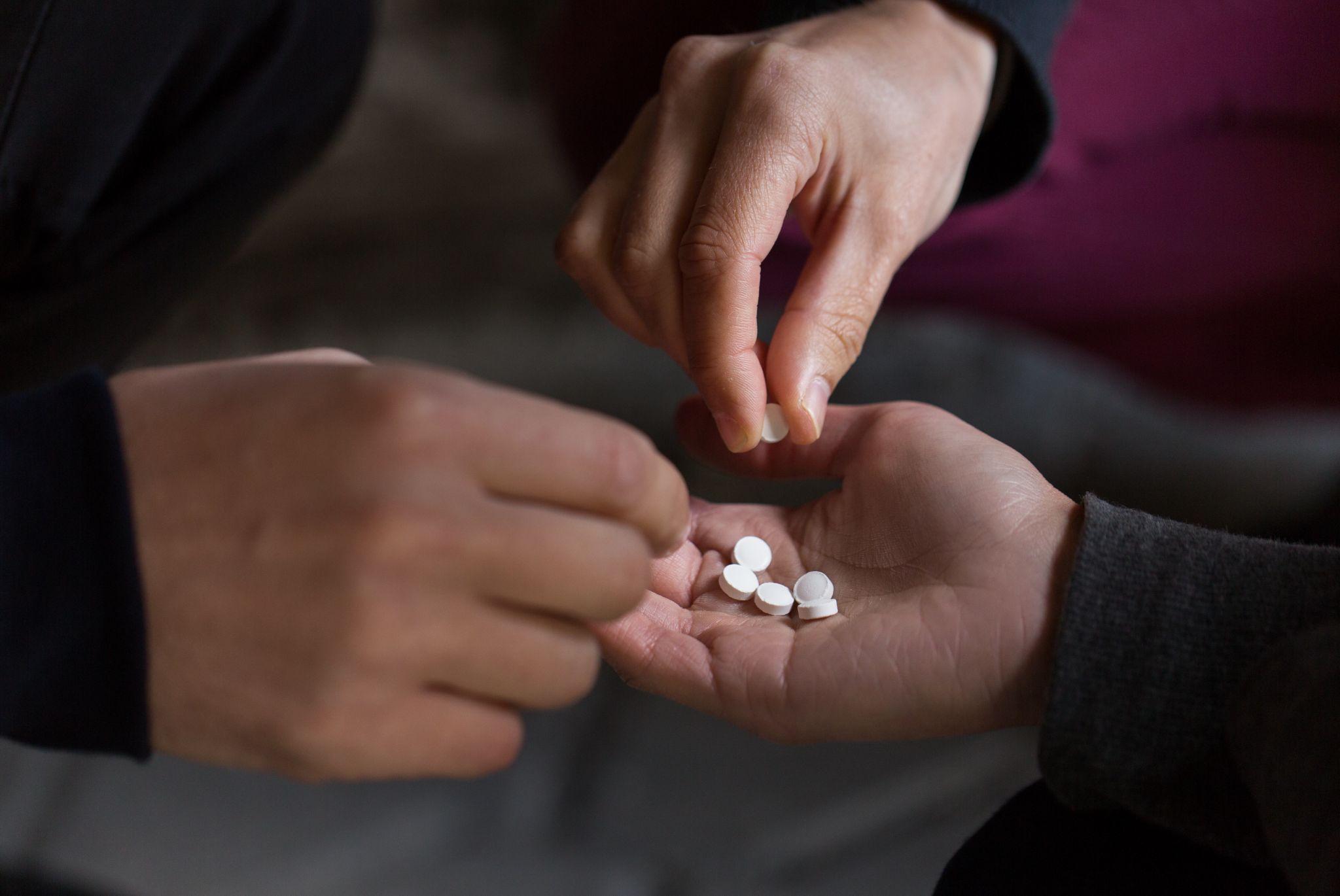The term “gateway drug” is often used in discussions about substance abuse and addiction. Understanding and recognizing the role of gateway drugs is crucial for parents, educators, and healthcare professionals. By identifying and addressing early signs of substance use, it is possible to intervene before an individual progresses to more harmful substances.
What Does It Mean for Something to Be a Gateway Drug?
A gateway drug is a substance that, when used, may lead to the use of more harmful and addictive drugs. The concept is based on the idea that experimenting with one drug can increase the likelihood of trying other, more dangerous substances. This doesn’t mean that everyone who uses a gateway drug will move on to harder drugs, but the risk may be higher.
Possibly the biggest focus of the gateway drug conversation is drug use by adolescents. Gateway drugs can create changes in the brain that make users more open to experimenting with other substances, especially in developing young people. If the brain’s reward system is altered, it may be easier for individuals to develop a tolerance to the initial drug and seek stronger effects from other drugs. As the brain adapts to the substance, the user may feel a need to try new drugs to achieve the desired effects, increasing the risk of addiction.
What Are Common Gateway Drugs?
Several substances are often referred to as gateway drugs due to their accessibility and the frequency with which they are used before other drugs.
Some of the most common gateway drugs are:
- Alcohol: Alcohol is widely consumed and socially accepted, making it a common starting point. Its effects on inhibitions can lead individuals to try other substances, especially if they drink at a young age.
- Tobacco: Smoking cigarettes is another prevalent gateway drug. Nicotine addiction can pave the way for experimenting with other substances, especially as the habit becomes ingrained.
- Marijuana: Marijuana is often considered a gateway drug because it is very commonly the first drug a person tries. With its increasing social acceptance and legalization in the United States, many people consider it “normal” to experiment with marijuana, even at a young age. After this “initiation” into drug use, some people find it easier to move on to other substances.
- Prescription Medications: Misuse of prescription drugs, particularly opioids, can act as a gateway to harder drugs like heroin, especially when the prescription becomes difficult to obtain.
Signs of Using a Gateway Drug
Recognizing the signs of gateway drug use is crucial for early intervention. The signs can vary depending on the substance, but the following are some general indicators that someone may be using a gateway drug.
Physical Symptoms
- Bloodshot eyes
- Changes in appetite or sleep patterns
- Unexplained injuries or frequent accidents
- Neglect of personal grooming and hygiene
- Persistent cough or other respiratory issues (common with smoking)
Psychological Signs
- Mood swings
- Anxiety and paranoia
- Depression
- Increased irritability or agitation
- Loss of interest in activities once enjoyed
Behavioral Changes
- Increased secrecy
- Changes in social circles
- Sudden decline in academic or work performance
- Unexplained absences from school or work
- Withdrawal from family activities and relationships
One of the most telling signs of gateway drug use is an increased openness to experimenting with other drugs. This can manifest as curiosity, discussions about other substances, or a noticeable shift in attitude towards drug use. It is important to note that these signs may not always indicate gateway drug use alone but should be taken seriously, as they could signal a broader issue with substance abuse.
Getting Treatment for a Drug Addiction

Professional treatment is essential for overcoming drug addiction. The journey to recovery is often complex and challenging, and having the support of experienced professionals can make a significant difference. Effective treatment typically involves a combination of therapy, wellness techniques, and relapse prevention strategies.
Professional treatment programs offer a structured environment where individuals can focus solely on their recovery without the distractions and temptations of their former daily life. These programs also provide access to medical care, ensuring that withdrawal symptoms and any co-occurring mental health issues are managed safely and effectively.
Drug and Alcohol Detox
Detoxification is often the first step in treating addiction. It involves safely removing the substance from the body under professional supervision. This process helps manage withdrawal symptoms and prepares individuals for further treatment. Detox is crucial for breaking physical dependence and starting the recovery journey.
Inpatient Residential Programs
Inpatient programs provide a structured environment where individuals can focus solely on their recovery. These programs offer intensive therapy, medical care, and support to help patients develop coping strategies and prevent relapse. The immersive environment helps patients build a strong foundation for long-term recovery.
Partial Hospitalization Programs (PHP)
Partial hospitalization programs provide a higher level of care than outpatient programs but do not require an overnight stay. Patients receive intensive therapy and medical care during the day while residing at home or in a sober living facility. This approach balances intensive treatment with the comfort and support of the stable, sober environment outside of a recovery center.
Intensive Outpatient Programs (IOP)
Intensive outpatient programs are designed for individuals who need comprehensive treatment but also have responsibilities that require them to be available outside of a treatment setting. These programs offer flexible scheduling, allowing patients to receive therapy and support while maintaining their daily routines.
Recover From a Drug Addiction at Lumina Recovery
At Lumina Recovery, we understand the complexities of drug addiction and the importance of personalized treatment. Our programs are designed to address a wide variety of drug types, offering a range of customized treatment options to meet each individual’s needs. Whether you need detox, inpatient care, or outpatient support, our team is here to help you on your journey to recovery.
If you or a loved one is dealing with an addiction, or if you’re concerned that someone close to you may be using a gateway drug, we can help provide guidance and support.
Contact Lumina Recovery today to learn more about our addiction treatment programs and your options for leading a healthy, drug-free life.


